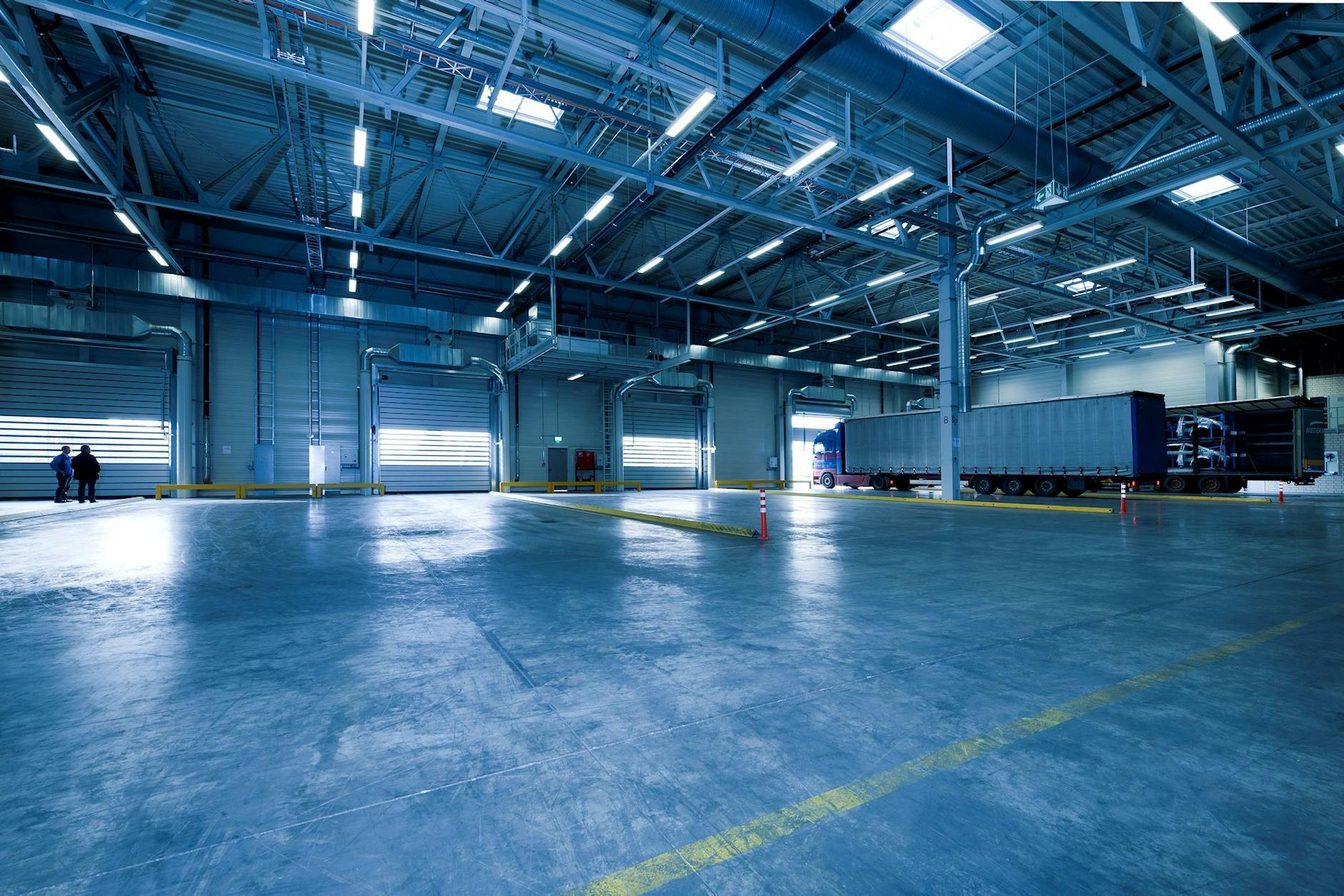
Transforming Travel: App Solutions for Trekking Agencies
In today's fast-paced world, can traditional travel and trekking agencies genuinely compete with the rise of digital-first travel services? This question challenges the conventional belief that tech companies have a monopoly on customer experience. The truth is, developing custom apps for trekking agencies not only enhances their service offerings but also helps them reach a wider audience — tapping into a new era of tech-savvy travelers.
Nepal’s breathtaking landscapes and world-famous trekking routes attract adventurers from across the globe. Yet, many trekking agencies still depend on outdated manual systems. According to a report by Statista, mobile app usage grows by about 20% every year — a clear sign that it’s time for agencies to adapt.
By investing in reliable mobile solutions, trekking businesses can streamline operations and provide faster, real-time services.
Imagine a trekking agency based in Pokhara where travelers are browsing on their phones for the best trekking experiences. With a dedicated app that displays real-time availability, itinerary planning, and personalized recommendations, the agency instantly stands out. A mobile-first strategy like this can transform casual inquiries into confirmed bookings, driving both revenue and brand loyalty.
Now, picture a trekking app with built-in GPS functionality. This feature could greatly improve safety for trekkers exploring remote areas, allowing them to share their location with guides or loved ones. Features like offline maps, emergency contacts, and trek progress tracking make the app much more than a booking tool — it becomes a reliable companion on the journey. With a user-friendly design, trekkers can also document their trips through photos and reviews, creating a community of shared adventure and experience.
Artificial intelligence is another powerful tool shaping the travel industry. According to Forbes, AI-driven chatbots are revolutionizing customer service by handling inquiries around the clock and cutting response times dramatically. For trekking agencies, integrating such chatbots means instant answers to frequently asked questions, assistance with bookings, and a smoother customer experience overall.
User-generated content is another key factor influencing travel decisions today. A well-built app can encourage trekkers to share photos, stories, and reviews, building a vibrant and trustworthy community. This not only fosters customer loyalty but also attracts new clients through word-of-mouth marketing. Positive reviews can further boost an agency’s visibility on Google, Yelp, and other platforms — a major advantage in today’s competitive digital space.
Sustainability has also become a top priority for modern travelers. Technology can play a vital role here, allowing agencies to promote eco-friendly trekking options or support conservation initiatives directly through their apps.
By doing so, agencies can align with the values of environmentally conscious tourists while also contributing to the preservation of Nepal’s natural and cultural heritage.
Even with these technological innovations, human connection remains essential. Automation should enhance — not replace — personal interactions. The most successful trekking experiences blend digital convenience with authentic human care. As the saying goes, “Travel is about the journey, not the destination.” In the same way, technology should enhance the journey, not overshadow it.
For trekking agencies to thrive in the digital era, embracing technology is no longer optional — it’s essential. By developing custom applications focused on engagement, safety, and sustainability, agencies can redefine what it means to explore Nepal. The time to act is now. Collaborate with a technology partner who understands your vision — like Skybase Innovations — and unlock the full potential of your travel offerings.
.png)
.png)
.png)
.png)





